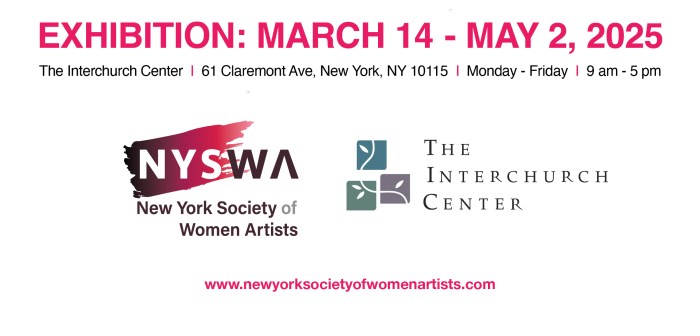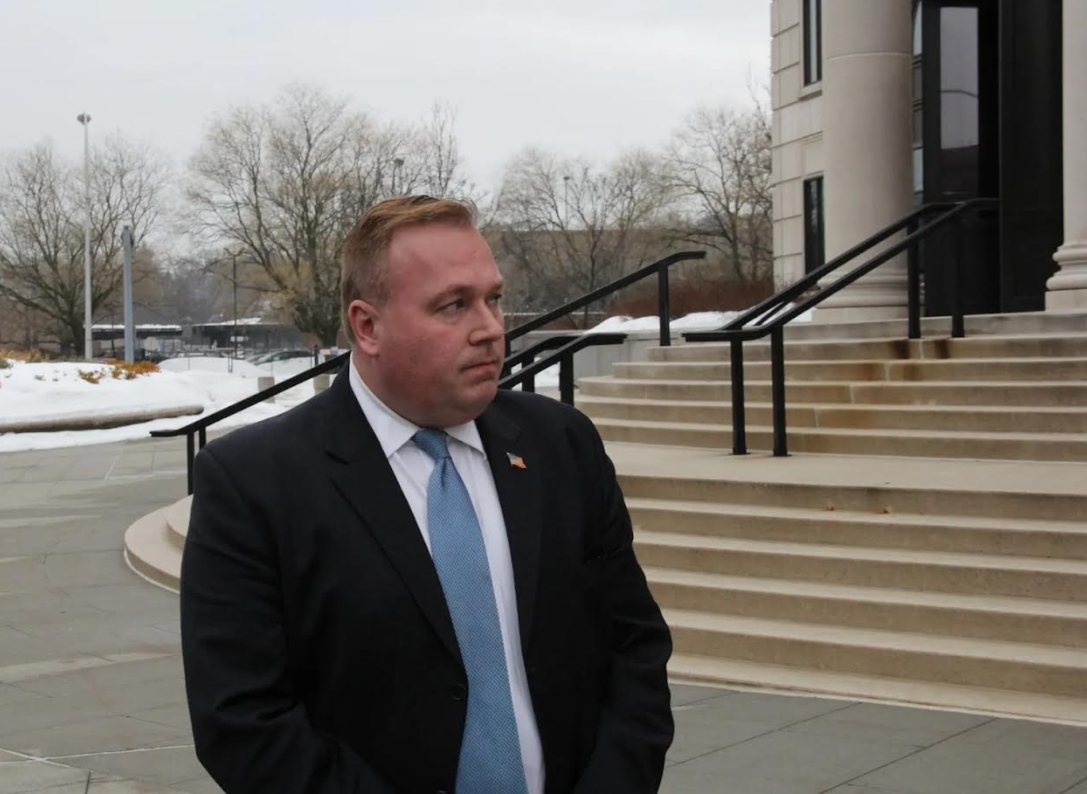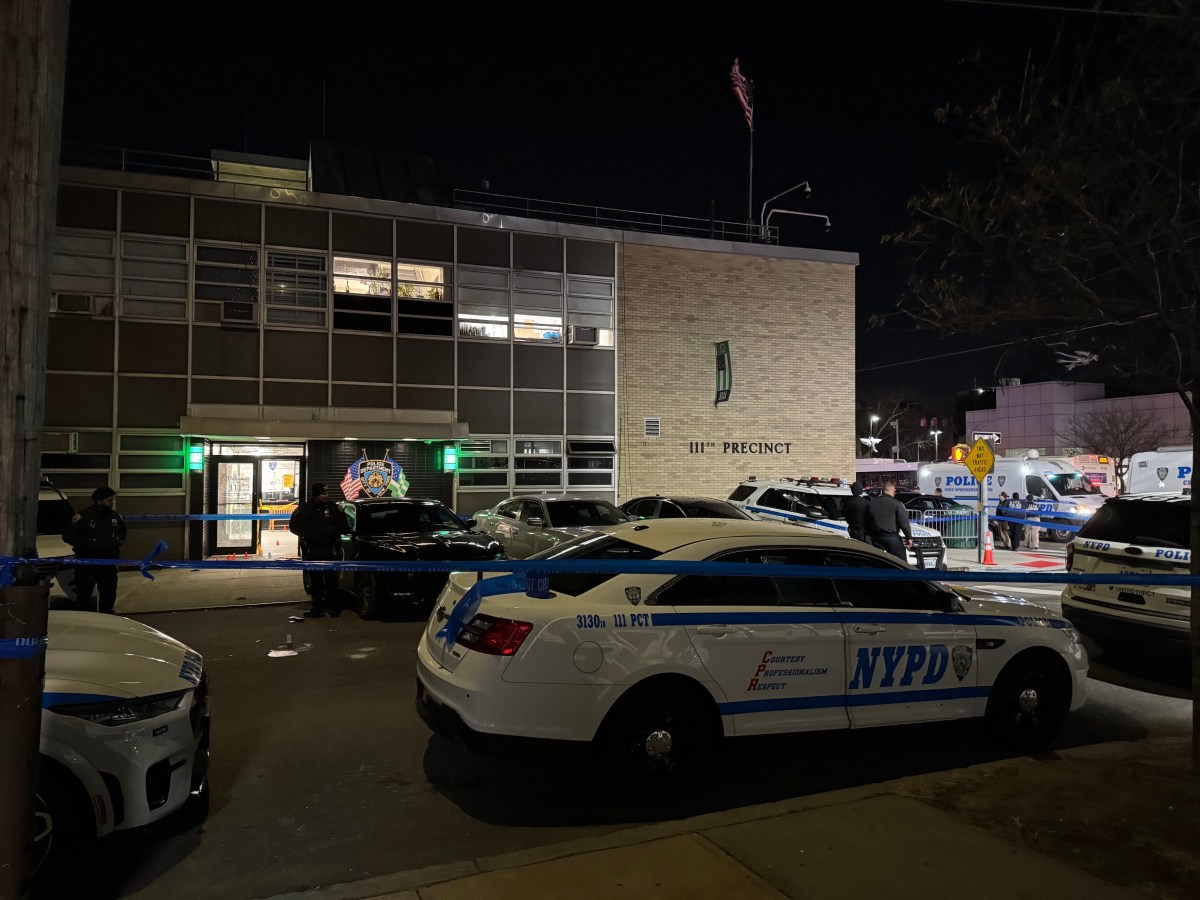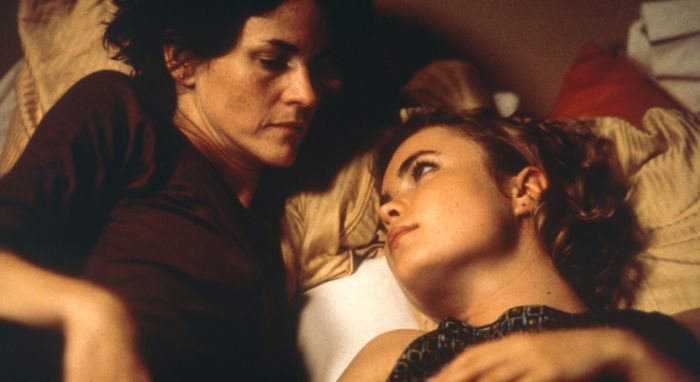This past week saw Community Media lead and participate in what we think was an impressive exercise in democracy that benefited and informed voters in two City Council districts.
First, last Thursday, three of our publications — The Villager, Gay City News and Chelsea Now — sponsored a debate for the Democratic candidates in the Third Council District — Christine Quinn, Yetta Kurland and Maria Passannante-Derr. We thank New York University for hosting and supporting the event.
Then, on Monday, The Villager and Downtown Express teamed up to sponsor a second debate, for the five Democratic contenders in the First Council District — Alan Gerson, Margaret Chin, PJ Kim, Pete Gleason and Arthur Gregory.
Hundreds of New Yorkers turned out to hear the candidates state their positions on the issues, answer tough questions, challenge each other and generally make their case for why they should be elected to represent their respective districts. The debates were stimulating, thought provoking, fun and informative. And the engagement and passion of the many audience members was truly inspiring.
In total, about 225 people attended Thursday’s debate and 150 more were at Monday’s debate. An impressive turnout, to say the least. What’s more, the debates, in their entirety, are now posted on our newspapers’ Web sites. Now thousands more people can view and hear all the action from both forums. It’s called democracy in action, pure and simple, and it’s part of responsible, committed community journalism.
Both debates were major events. People were excited and eager to attend. As one Villager put it, describing the Quinn-Kurland-Passannante-Derr debate: “I got in line at 5:15 for a debate that started at 7 — I felt like I was in line for the Shake Shack.”
One candidate in the first debate, however, Passannante-Derr, sadly chose to go negative because Quinn was able to marshal her supporters to turn out in large numbers. Passannante-Derr has put out misinformation, and continues to do so, charging that The Villager and Gay City News somehow told Quinn’s campaign “four days” prior to the debate that tickets would be given out to let people in. In fact, the idea to give out tickets once a capacity number of people had gathered was a crowd-control measure put in place by security officials a day before the debate — so it’s impossible anyone was notified four days prior. Passannante-Derr similarly continues to claim that Bob Ortiz-Arroyo, a supporter who uses a wheelchair, was denied access. But, as clearly shown on YouTube, Ortiz-Arroyo got in.
This is a puzzling campaign strategy on the part of Passannante-Derr: to spread misinformation — on her Web site and in the press — and attack us for doing the commendable public service of holding a debate.
Meanwhile, Quinn, though attacked vigorously by both her opponents, stayed cool under fire. Regardless of the criticisms — some certainly legitimate — Quinn faces, that kind of steady character is what one looks for in a good leader. Kurland, too, though she had plenty of pre-debate concerns about the event’s format, once the debate started, stuck to the issues and made the most of her opportunity to get her message out and argue why she could do a better job than the incumbent.
As for Quinn, though, one of her glaring failures during the debate was her refusal to own up fully to her role — a major one — in the City Council “slush fund” scandal. Quinn can’t plead ignorance of what was going on with those millions of dollars during the early years of her Council speakership. She should have done a better job coming clean last Thursday.




































